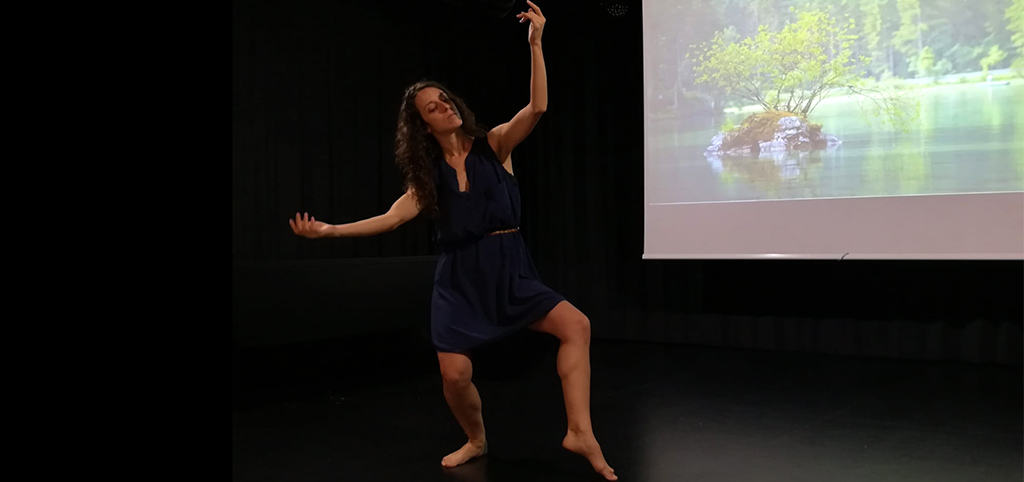Catalonia celebrates the European Researchers’ for the First Time
Over the course of two days, seven Catalan cities hosted a variety of family-friendly activities designed to raise awareness about science
26.09.2018
On 28 and 29 September, Catalonia hosted various events associated with European Researchers’ Night, an annual initiative designed to raise public awareness about science. For the first time ever, activities associated with this initiative took place in all four Catalan provinces: Barcelona, Tarragona, Girona and Lleida. Events affiliated with European Researchers’ Night were organised by the Barcelona Institute for Global Health (ISGlobal)—a centre supported by the ”la Caixa” Banking Foundation—as well as the University of Barcelona (UB), the University of Girona (UdG), the University of Lleida (UdL), the Open University of Catalonia (UOC), Rovira i Virgili University (URV), the Catalan delegation of the Spanish Council for Scientific Research (CSIC), the Catalan Association of Scientific Communication (ACCC) and other organisations.
European Researchers’ Night is an interactive public event designed to teach ordinary people about the importance of science and innovation, showcase current research in various disciplines, and raise awareness about what researchers really do for society. The European Commission has organised this event on the last Friday of September every year since 2005. This year’s European Researchers’ Night took place simultaneously in nearly 300 cities in 30 countries and focused on the theme of research as universal heritage.
The activities organised in Catalonia have been recognised by the European Commission as events associated with European Researchers’ Night—a guarantee that these activities were of high quality. These activities were therefore included on the official map of the public outreach events that took place all over Europe under the umbrella of this continent-wide initiative.
For two days, the public learned, played and be amazed by science while they took part in all sorts of fun activities: hands-on sessions with researchers, educational workshops, lectures on popular-science topics, simulations, concerts, tours of heritage sites and visits to laboratories. Most activities were held in seven cities: Barcelona, Cerdanyola del Vallès (Bellaterra), Girona, Lleida, Reus, Roses and Tarragona. Moreover, the city of Vic held an exhibition.
European Researchers’ Night in Barcelona
This week’s events kicked off with an opening session at Vil·la Urània Civic Centre in Barcelona’s Sarrià–Sant Gervasi district on Tuesday, 25 September. The first activity, at 6:30 pm, was a dialogue between researchers Sílvia Valenzuela (CSIC) and Josep M. Fullola (UB) entitled “Research in Heritage: Searching for the Past to Understand the Present and Plan for the Future”. Then, at 8.00 pm, Crisal Rodríguez, head of the cultural production company Con.Ciencia, offered a performance inspired by neuroscience and biomimetics.
The main programme kicked off on Friday, 28 September with a morning of “research in the schools”. Researchers visited various primary and secondary schools to teach children about the human microbiome, epigenetics, environmental pollutants, artificial intelligence and many other current research topics.
Other activities were held at six locations around Barcelona: the Sagrada Família–Josep M. Ainaud de Lasarte Library, the UPF Poblenou Campus, the Centre for Contemporary Culture of Barcelona (CCCB), CosmoCaixa, imaginCafé and the Vil·la Urània Civic Centre.
Young Research Night
Many of the activities in Barcelona were held at CosmoCaixa as part of the museum’s Young Research Night, a special night-time event that showcased some of the most spectacular aspects of scientific research. From 7:00 pm to midnight, the general public enjoyed six open workshops where they created collaborative music with a Reactable, converted their emotions into music, piloted a drone with their mind, observed the cosmos, delved into nanoscience and attended micro-talks that provide a glimpse of the cutting-edge research taking place in Catalonia.
As part of European Researchers’ Night, ISGlobal participated in six talks at Catalan schools. These talks covered topics such as the role of statistics in research, emerging diseases, integrity and ethics in research, and air pollution and the various pollutants that affect air quality. ISGlobal also offered micro-talks on the Institute’s current research and took part in an activity called “Personal MSCA: Participate in a Game of Telephone with a Photograph”, organised in collaboration with the University of Bristol. Finally, ISGlobal offered a talk on the oceans and health as part of the Morning of Research in the town of Roses.
Further details about the European Researchers’ Night events in Catalonia are available at the following links:



